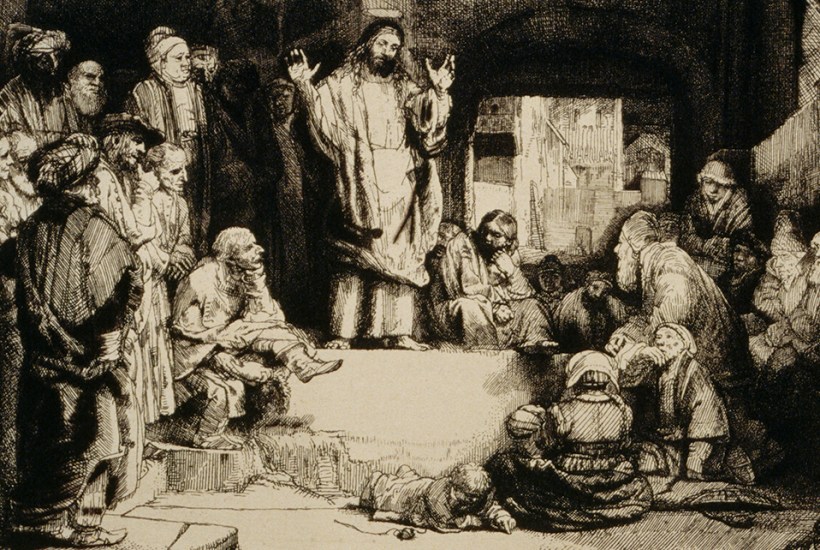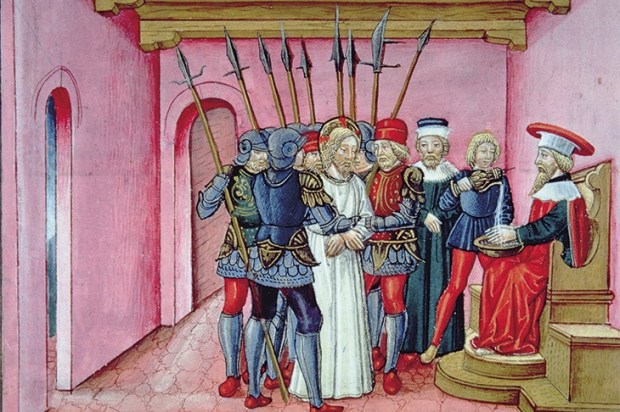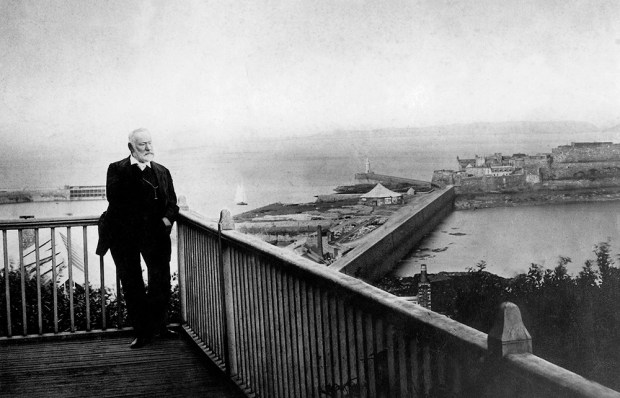Biblical scholars, one of the greatest of them once remarked, go looking for Jesus only to find themselves staring at their own reflection down the bottom of a very deep well. As with scholars, so with cultures. The Victorian Jesus was meek and mild and proper and principled. There’s a rather good sketch of ‘GOP Jesus’ doing the rounds on Twitter in which Our Lord tells his followers: ‘I was hungry and you gave me something to eat… And behold, now I’m all lazy and entitled.’
Already a subscriber? Log in
Subscribe for just $2 a week
Try a month of The Spectator Australia absolutely free and without commitment. Not only that but – if you choose to continue – you’ll pay just $2 a week for your first year.
- Unlimited access to spectator.com.au and app
- The weekly edition on the Spectator Australia app
- Spectator podcasts and newsletters
- Full access to spectator.co.uk
Unlock this article
You might disagree with half of it, but you’ll enjoy reading all of it. Try your first month for free, then just $2 a week for the remainder of your first year.














Comments
Don't miss out
Join the conversation with other Spectator Australia readers. Subscribe to leave a comment.
SUBSCRIBEAlready a subscriber? Log in